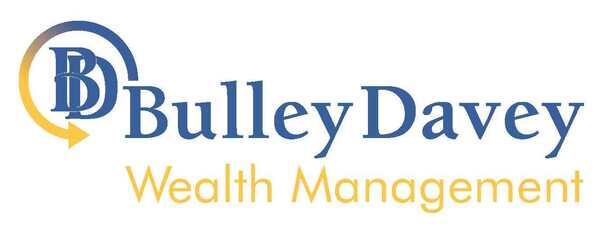After an unpredictable and challenging year, Chancellor Rishi Sunak delivered his second full Budget amid much speculation earlier this month.
The raft of changes he announced were aimed at supporting businesses, fixing public finances, and helping to improve the UK economy following the COVID-19 crisis.
Sunak’s £65 billion support package included extensions to existing support schemes, further grants and loan schemes, and continued cuts to VAT and stamp duty, taking the total of Government COVID spending to £352bn.
He also began to balance that spending with cost-saving measures including changes to personal and company taxes.
Corporation tax
Corporation tax is due to increase to 25% in April 2023, up from the current rate of 19%.
During the announcement, Sunak revealed that a new small profits rate would apply to firms with profits of under £50,000, which would remain at 19%.
Businesses with profits over £250,000 will be required to pay the full 25% rate, and profits in between the two thresholds will be taxed at a tapered rate.
Income tax
From April 2021, the tax-free personal allowance will increase to £12,570 from £12,500, but after that it will remain frozen until April 2026. Because the personal allowance set in Westminster applies across the UK, this will affect individuals in England, Scotland, Wales and Northern Ireland.
Meanwhile, the higher-rate tax threshold will increase by £270 from £50,000 to £50,270 from April 2021 and again remain unchanged until April 2026, affecting individuals in England, Northern Ireland and Wales. Different rates and thresholds apply in Scotland.
The Office for Budget responsibility expects this to raise £8bn a year by 2025/26 relative to inflation, bringing 1.3 million more people into paying income tax and 1m more paying the higher rate.
Pensions
In recent years, the pensions lifetime allowance has increased in line with price inflation, using the consumer price index.
Sunak revealed, however, that the lifetime allowance will be frozen at its current 2020/21 level of £1,073,100 for the next five years.
This might not sound like a big change, but the Government expects the lifetime allowance freeze to provide more than £990m for the Treasury in the period to 2026, as more people incur tax charges on their pension benefits.
Sunak announced no changes to the pensions annual allowance, which is still capped at £40,000. This is the maximum amount that can be contributed to a pension scheme each year while still receiving tax relief.
Inheritance tax
Sunak made no announcement on inheritance tax reforms, but said the inheritance tax nil-rate band will remain at £325,000 until 2026.
Alongside this, the additional £175,000 residence nil-rate band, will also remain the same until 2026. This can be used when passing on your family home to children or grandchildren.
As we explained in our previous blog post, no inheritance tax needs to be paid on the value of your estate up to this threshold. Above this, a rate of 40% applies – but there are various other rules and exemptions to consider.
To discuss anything about the Budget and how it affects you, get in touch with us at Bulley Davey Wealth Management on 01775 718850 or emailbdwmadmin@bulleydavey.co.uk
